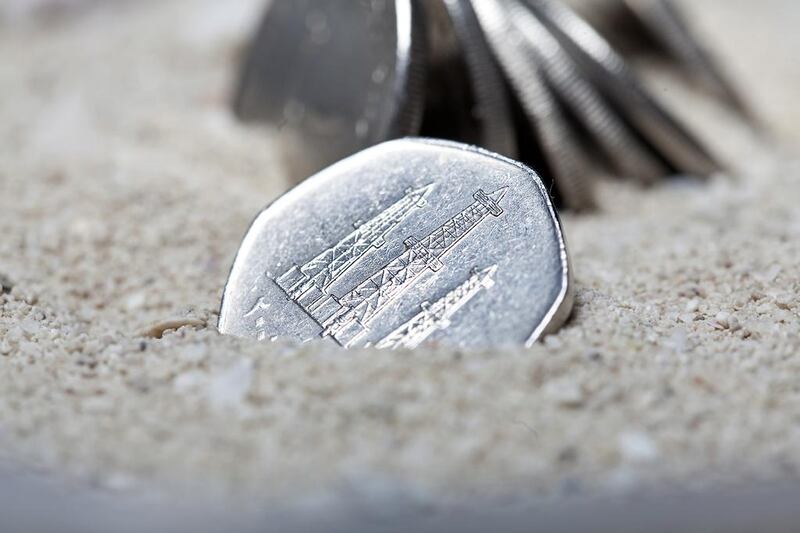Arabian Gulf nations may be able to boost GDP by approximately 1.5 per cent if they implement a value added tax of 5 per cent, according to a report by the IMF.
While GCC countries built reserves of cash for a rainy day when oil prices were high, the global lending institution is still urging these countries to be more fiscally prudent and find other ways apart from VAT to raise revenue.
In its Learning to Live with Cheaper Oil report, the IMF said that if Gulf nations were to cut back needless spending on public investments, they could save 2 per cent of GDP.
“Over the medium term, IMF country teams expect oil exporters to continue curtailing public investment, but also to broaden spending restraint to curb the public wage bill and achieve further subsidy cuts,” the IMF said in the report. “Over time, all Mena oil exporters will need to adjust to the new reality of lower oil prices.”
Along with the subsidy cuts at petrol stations that a number of GCC countries have implemented, VAT could help to replenish regional coffers following the steep decline in the price of oil, generating billions of dollars in extra revenues.
The UAE, however, is still awaiting final approval from GCC members because it will be done within the framework of the organisation’s customs union.
A planned VAT on goods and services is expected to range between 3 and 5 per cent.
Younis Haji Al Khouri, the UAE finance minister undersecretary, said in January that the country was targeting the roll- out of VAT in 2018, suggesting that he was confident that the Emirates would get the necessary approvals from other GCC states soon.
mkassem@thenational.ae
Follow The National's Business section on Twitter





